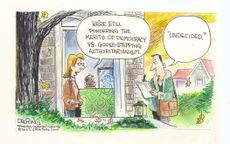The good, the bad and the Ken: Barbie through the ages
The first live-action Barbie movie is scheduled for release in July this year
The live-action adaptation of Barbie is set to hit cinema screens this summer, and the manufacturer of the iconic doll is hoping it will signal a turn in fortunes.
Toy company Mattel had expected “2023 to be a key step in its revival” after a “turbulent decade”, said The Times. But after “profits and revenue had fallen short of forecasts in the past quarter” the investor optimism in Mattel’s outlook has been “sorely tested”.
Winning back the contract to produce Disney’s princesses dolls was the start of “patching up its toy business”, but the American company is hoping for greater success by finding “expansion into new areas” for its own ranges.
That begins with the release of the Warner Bros.-produced Barbie movie in July, which it hopes will do the same as the movies that “turbocharged toy franchises from Transformers to Lego”. However, “analysts are reserving judgment” after the difficult start to the year, said The Times.
Even if Mattel is banking on the movie to deliver a boost to the franchise in its current form, Barbie will remain “one of the most iconic playthings in history”, said History.
Created in 1959 by Ruth Handler, co-founder of Mattel with her husband Elliot Handler, Barbie was inspired by “watching their daughter play with make-believe paper dolls of adult women”.
An instant hit, Barbie, along with her boyfriend Ken who was introduced in 1961, has had to “evolve with the changing times” to remain relevant. This included adding a new line that included “four body types, seven skin tones, 22 eye colours and 24 hairstyles” to represent a broader range of women.
Barbie remains a “cultural phenomenon” and to date “over a billion dolls have been sold as new models”, said auction group Barnebys.
The Week takes a look at how Barbie has changed through the years.

Continue reading for free
We hope you're enjoying The Week's refreshingly open-minded journalism.
Subscribed to The Week? Register your account with the same email as your subscription.
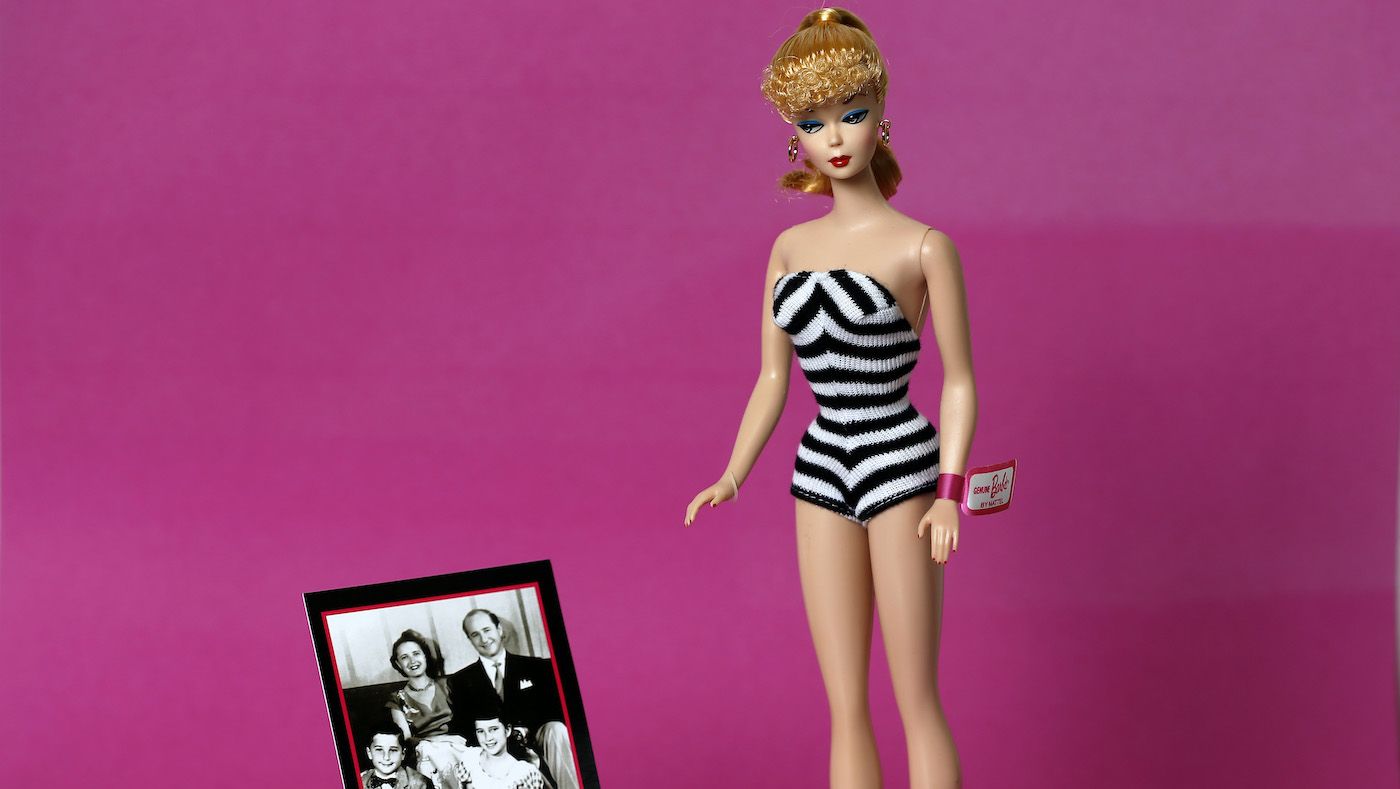
The first Barbie
Handler’s first Barbie doll, named after her daughter Barbara, was based on the German doll Bild Lilli which she came across while travelling. The first Barbie dolls were launched at the International Toy Fair in New York on March 9, 1959, and came as blonde or brunette.
In 1961, investors in Bild Lilli sued Mattel for copying the design of their doll. Mattel eventually bought the rights to Bild Lilli in 1963 for $21,600.
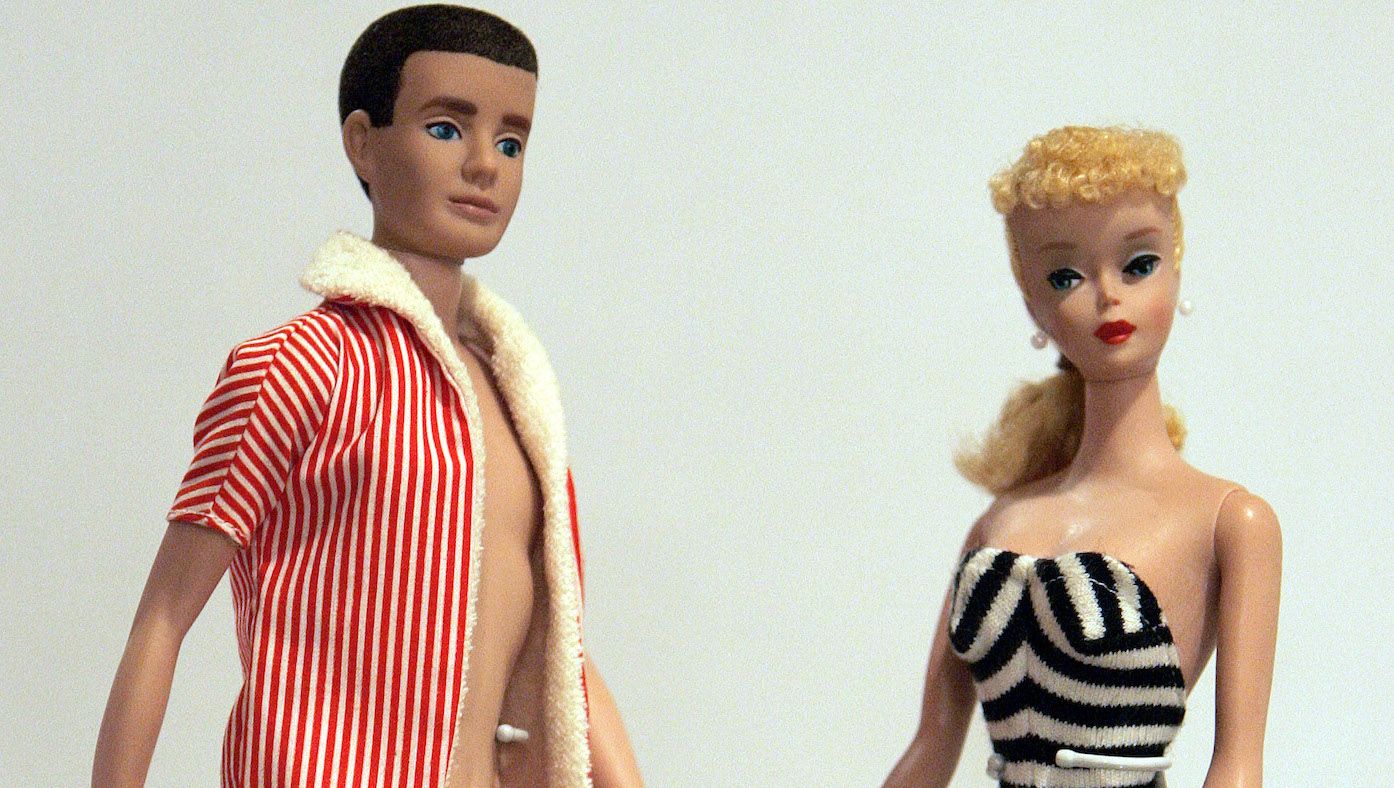
Ken’s introduction
In 1961 Mattel introduced Ken as a male counterpart to Barbie. Ken was named after the Handlers’ son and is usually portrayed as Barbie’s boyfriend or close friend. Ken has been depicted as having a wide variety of careers over the decades, including astronaut, banker, spy and pizza chef. He was the first of a number of friends and family members of Barbie that make up the franchise.
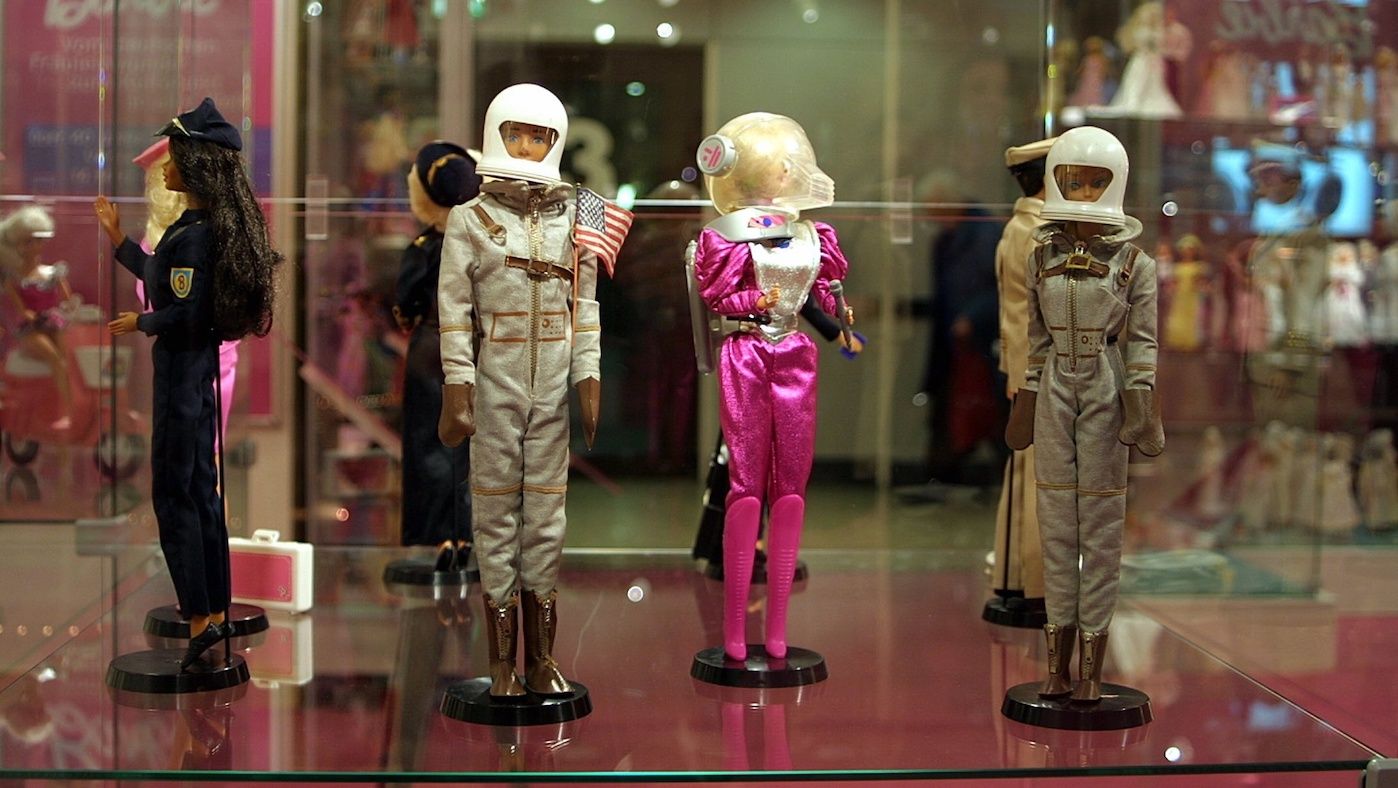
Barbie expansion
Ken wasn’t the only one to have a number of careers, and the success of the original Barbie introduced a wide range of spin-offs and accessories. The first Dreamhouse, Barbie’s home, was introduced in 1962, while in 1965 Barbie became an astronaut to celebrate the US space program of the 60s.
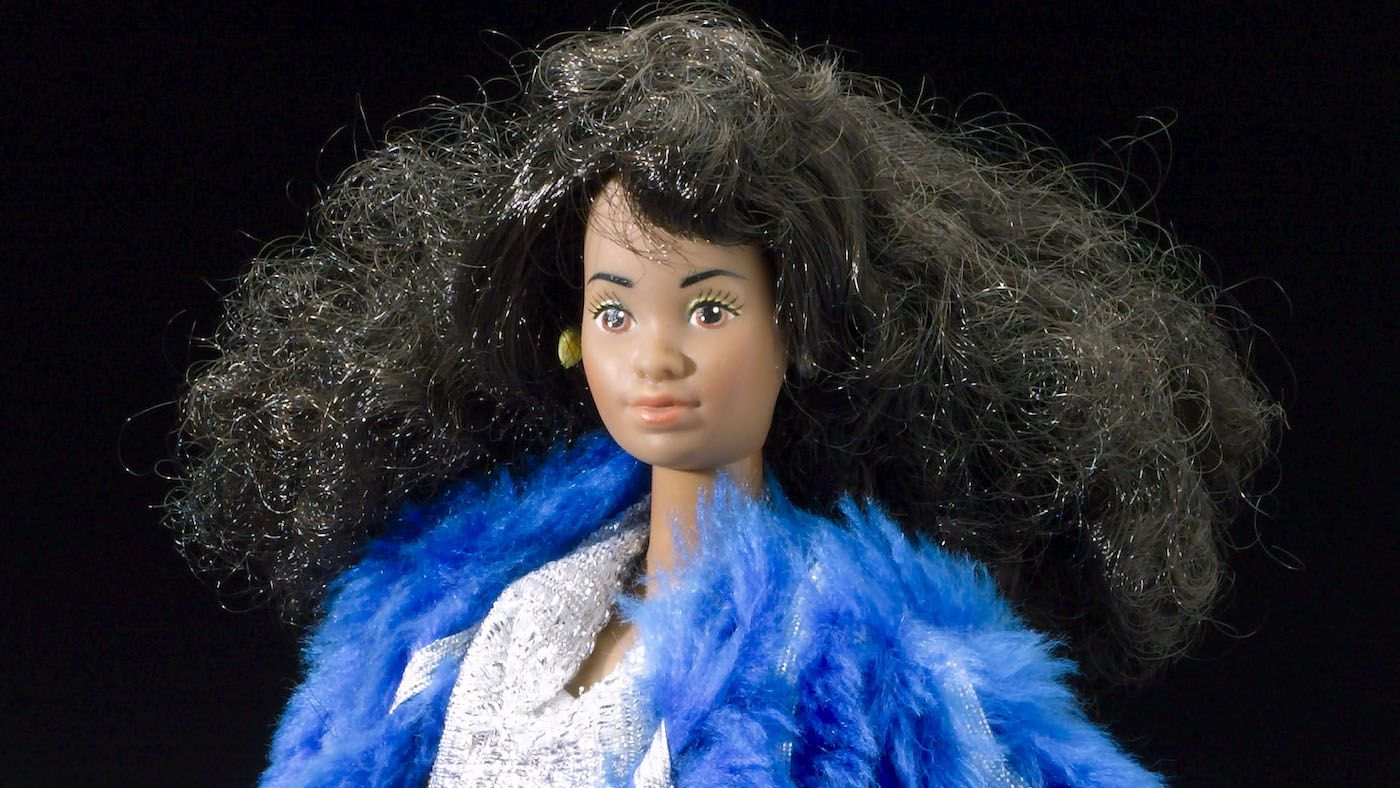
The first diverse Barbies
Although there were non-white dolls released within the Barbie franchise as early as the 60s, it took until 1980 for a Barbie doll with a different ethnicity to be released. African-American and Latina dolls were released that year, the first of a host of Barbies from different background and cultures.

The controversies
Of course, the Barbie franchise has not been without its controversies. In fact, “the iconic doll is rather well acquainted” with them, said Reader’s Digest, having “waded into some fairly murky waters” in her history. She’s been accused of reinforcing negative female stereotypes and an unrealistic body image, as well as “accused of cultural appropriation”, said the Daily Mail. One of Barbie’s friends, Midge, was pulled from shelves in the US in 2002 after she was featured as pregnant with a removable baby in her belly. Parents expressed concerns she was “ a little too real for their children”, said CBS News. The creators of the new Barbie movie have referenced the controversy by featuring a pregnant Midge in the film.
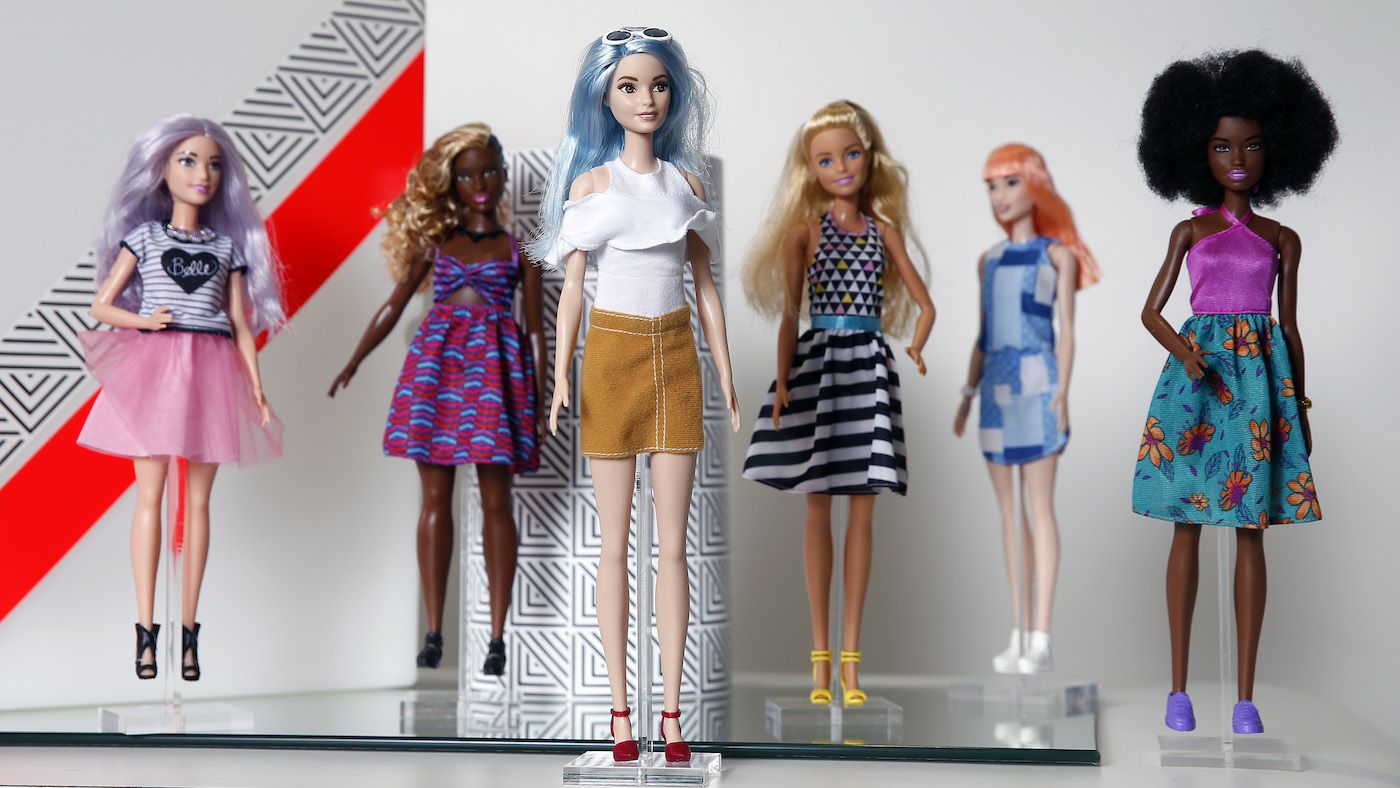
Barbie modernises
Mattel addressed “longtime criticism” in 2016 that its Barbie range “did not accurately reflect the diversity of the modern woman” by releasing a new ‘Barbie Fashionistas’ range, said History. Mattel said the range aims to make “play inclusive with a range of body types, skin tones, and varying disabilities”.
Sign up to our 10 Things You Need to Know Today newsletter
A free daily digest of the biggest news stories of the day - and the best features from our website
Richard Windsor is a freelance writer for The Week Digital. He began his journalism career writing about politics and sport while studying at the University of Southampton. He then worked across various football publications before specialising in cycling for almost nine years, covering major races including the Tour de France and interviewing some of the sport’s top riders. He led Cycling Weekly’s digital platforms as editor for seven of those years, helping to transform the publication into the UK’s largest cycling website. He now works as a freelance writer, editor and consultant.
-
 Alleged Sikh assassination plot rocks US-India relations
Alleged Sikh assassination plot rocks US-India relationsTalking Point By accusing an Indian government official of orchestrating an assassination attempt on a US citizen in New York, the Justice Department risks a diplomatic crisis between two superpower
By Rafi Schwartz, The Week US Published
-
 'In Ukraine, sadly, promises are hard to keep'
'In Ukraine, sadly, promises are hard to keep'Instant Opinion Opinion, comment and editorials of the day
By Harold Maass, The Week US Published
-
 Today's political cartoons - December 1, 2023
Today's political cartoons - December 1, 2023Cartoons Friday's cartoons - the undecided voter, Kissinger's last stand, and more
By The Week US Published


